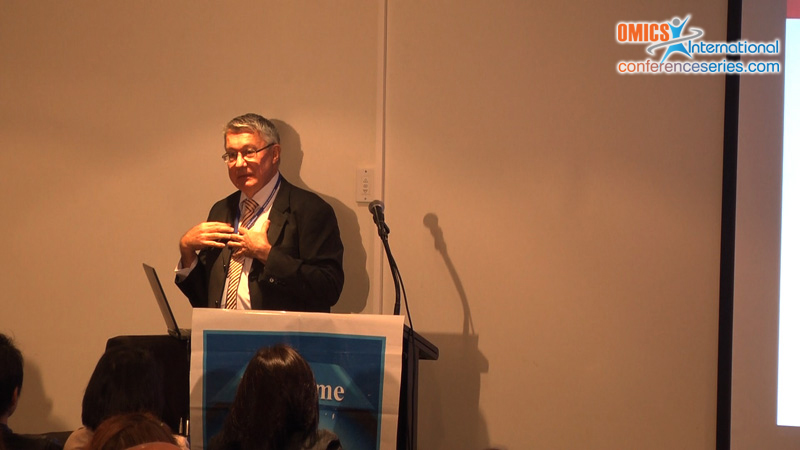
Allan Cripps
Griffith University, Australia
Title: Mucosal immunisation against respiratory tract infections
Biography
Biography: Allan Cripps
Abstract
Induction of mucosal immune responses best occur through priming of mucosal associated lymphoid aggregates that selectively sample the milieu bathing the mucosal surfaces. Despite considerable research and the advantages of mucosal immunisation, few oral vaccines are routinely available for use today with the results of many oral vaccine trials being variable and suboptimal at best. Over the last three decades our group has undertaken extensive studies in animal models and in human trials to develop an effective oral vaccine against respiratory tract infections caused by non-typeable Haemophilus influenzae (NTHi) and Pseudomonas aeruginosa. Human studies have focused on subjects with chronic obstructive pulmonary disease (COPD) and bronchiectasis. Animal studies of acute and chronic respiratory infection models have provided proof of concept pre-clinical data and significant knowledge about the immunological mechanisms induced by mucosal immunisation. Oral immunisation of subjects with COPD against NTHi has resulted in a significant reduction in acute exacerbations, hospitalisation and antibiotic prescriptions. For P aeruginosa, administration of an oral whole killed cell vaccine reduced number of P. aeruginosa cultured from sputum and induced a functional antibody response against the vaccine strain in subjects with bronchiectasis. These studies clearly demonstrate that oral immunisation should be considered as an effective route of vaccination for infections of the respiratory tract.

